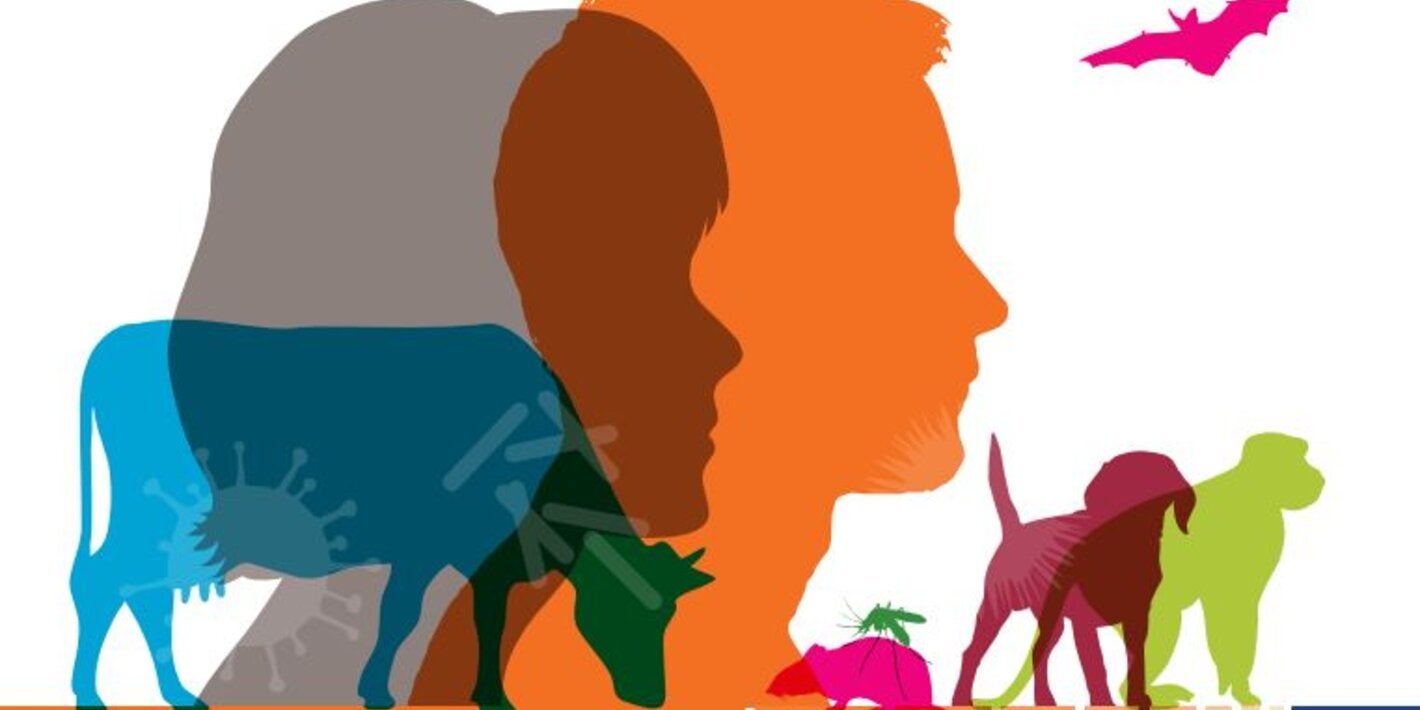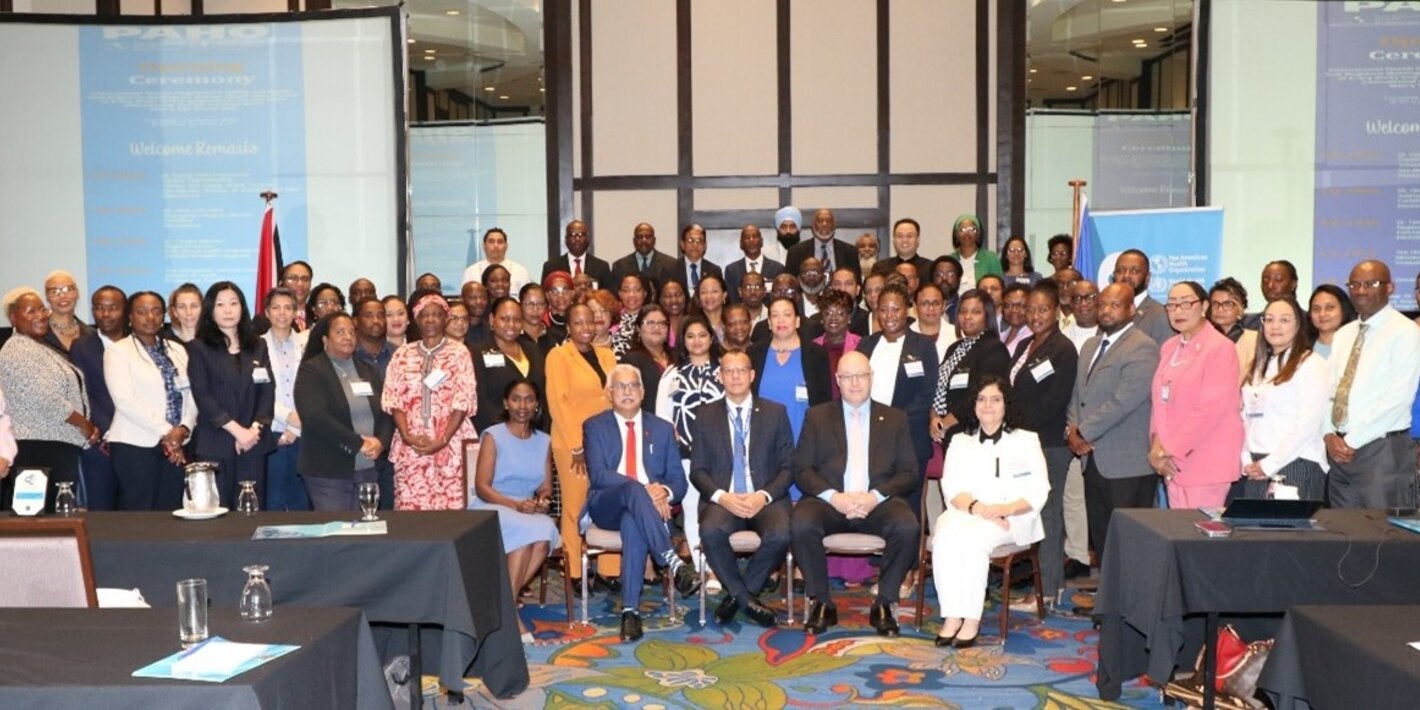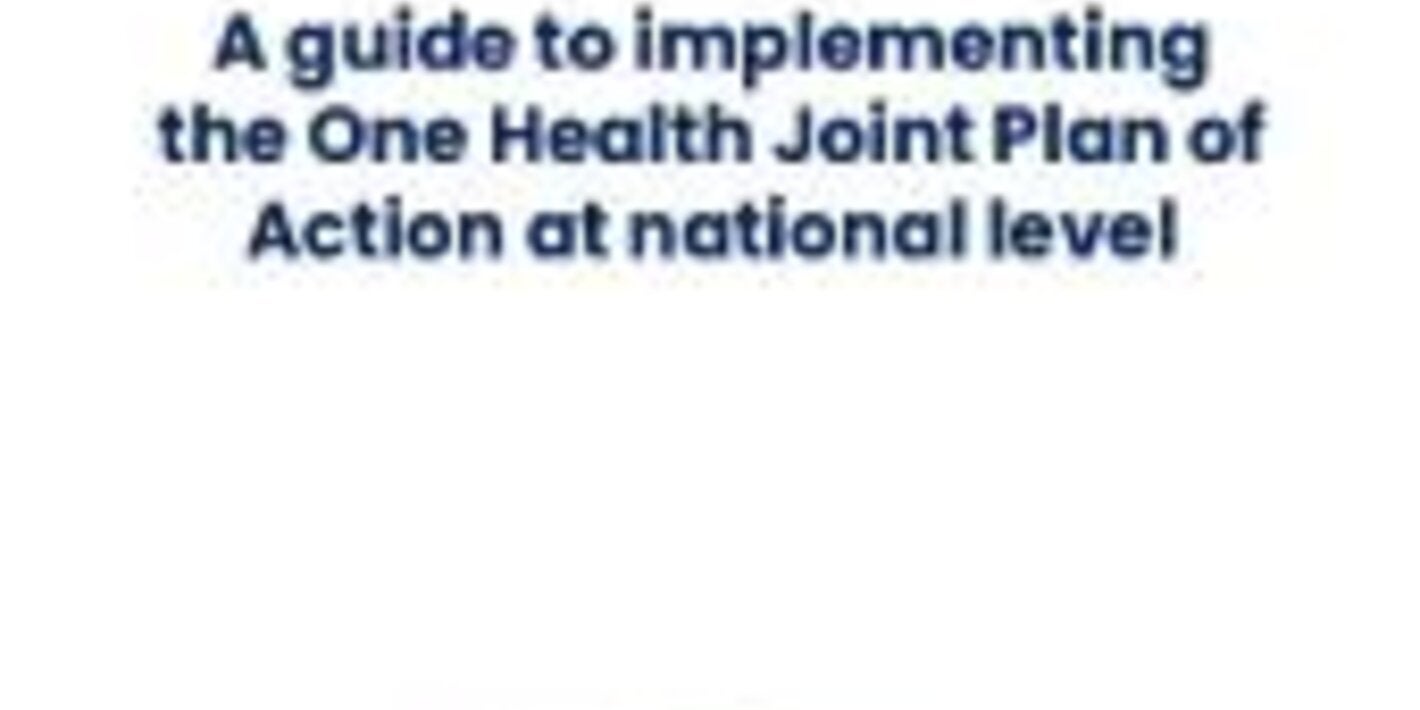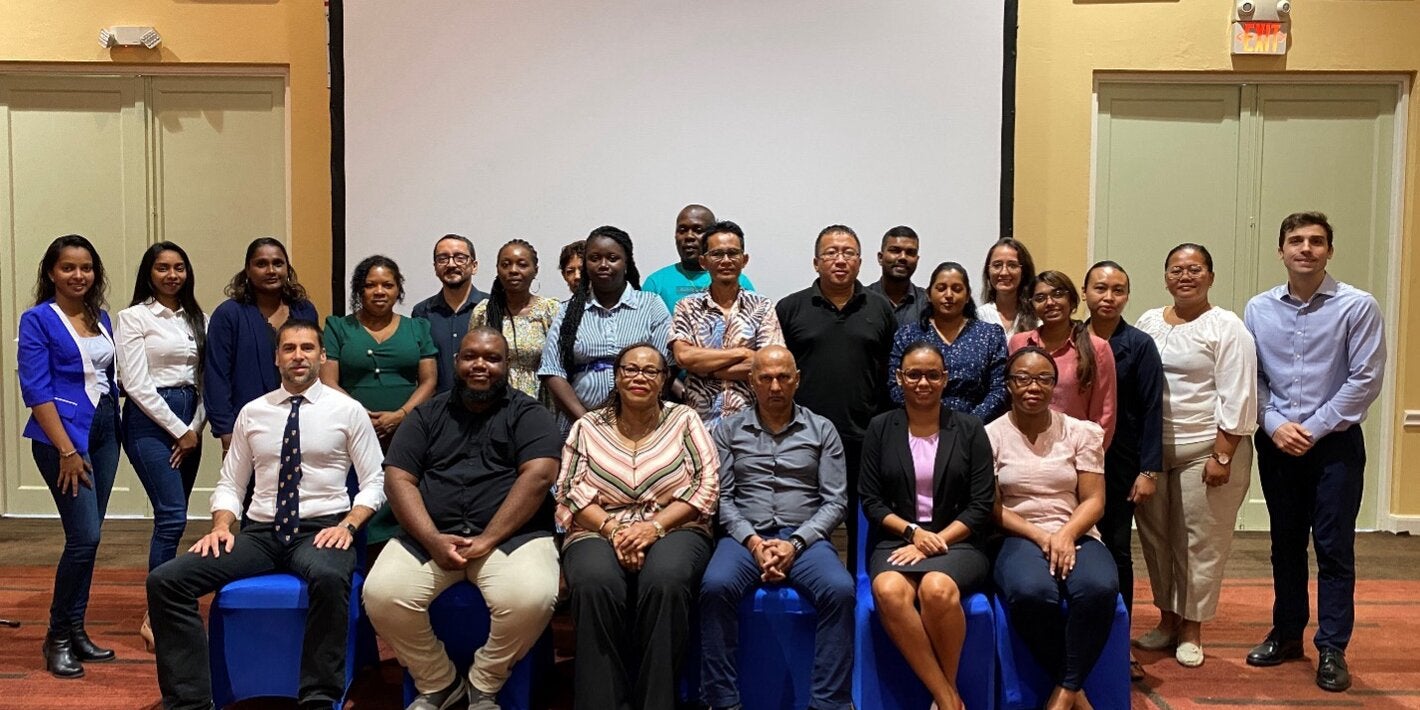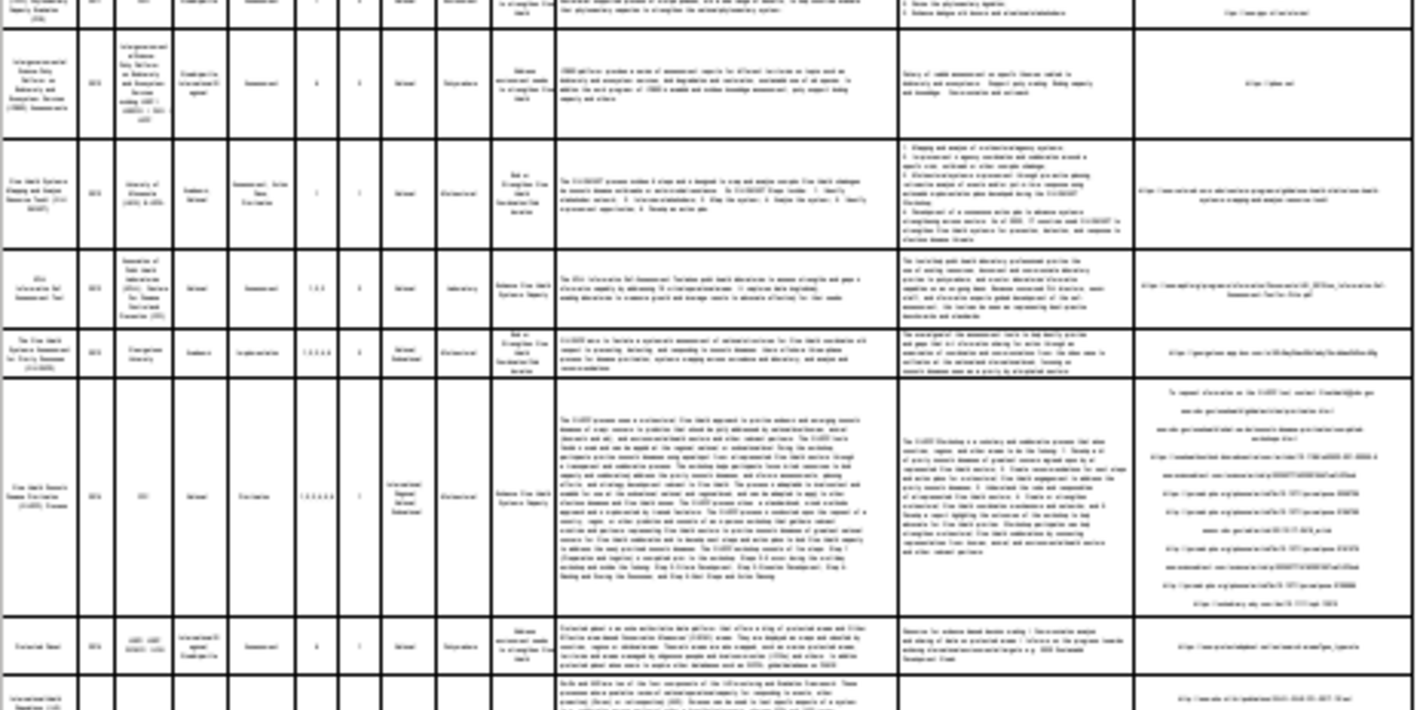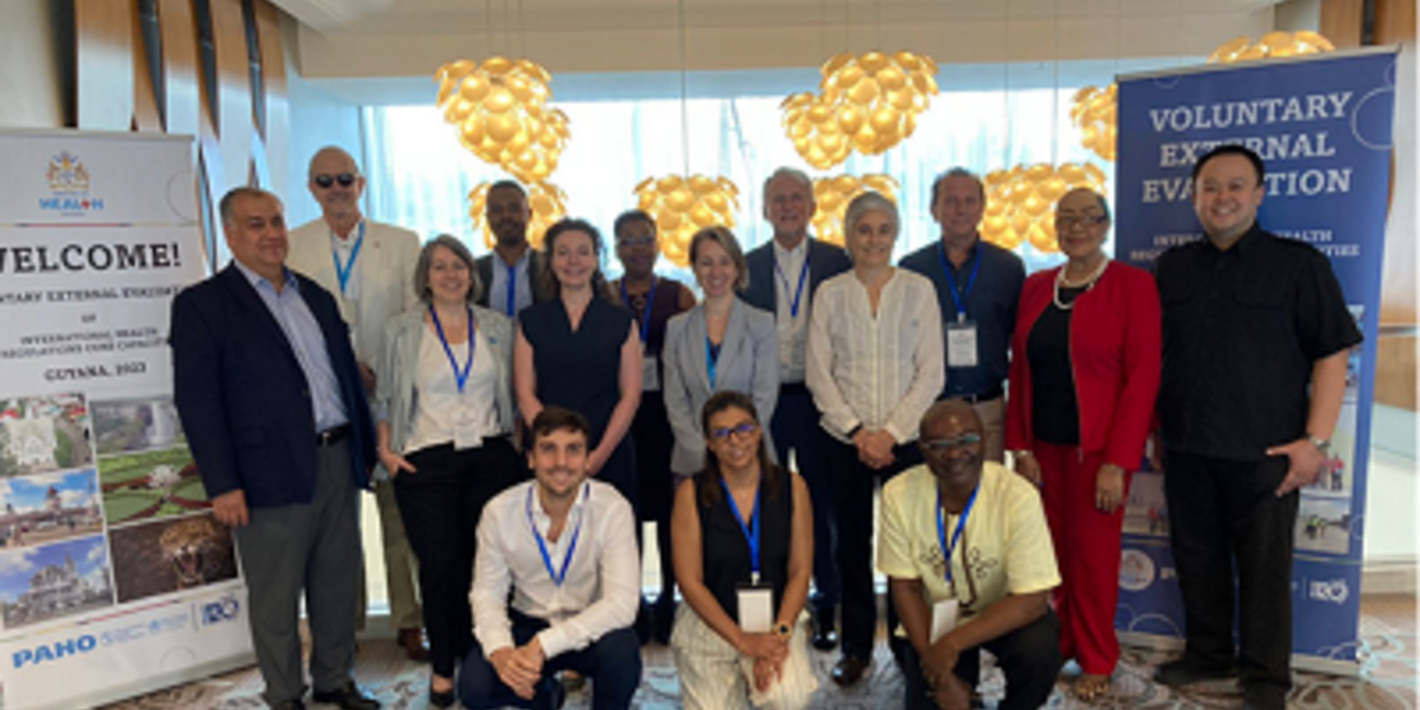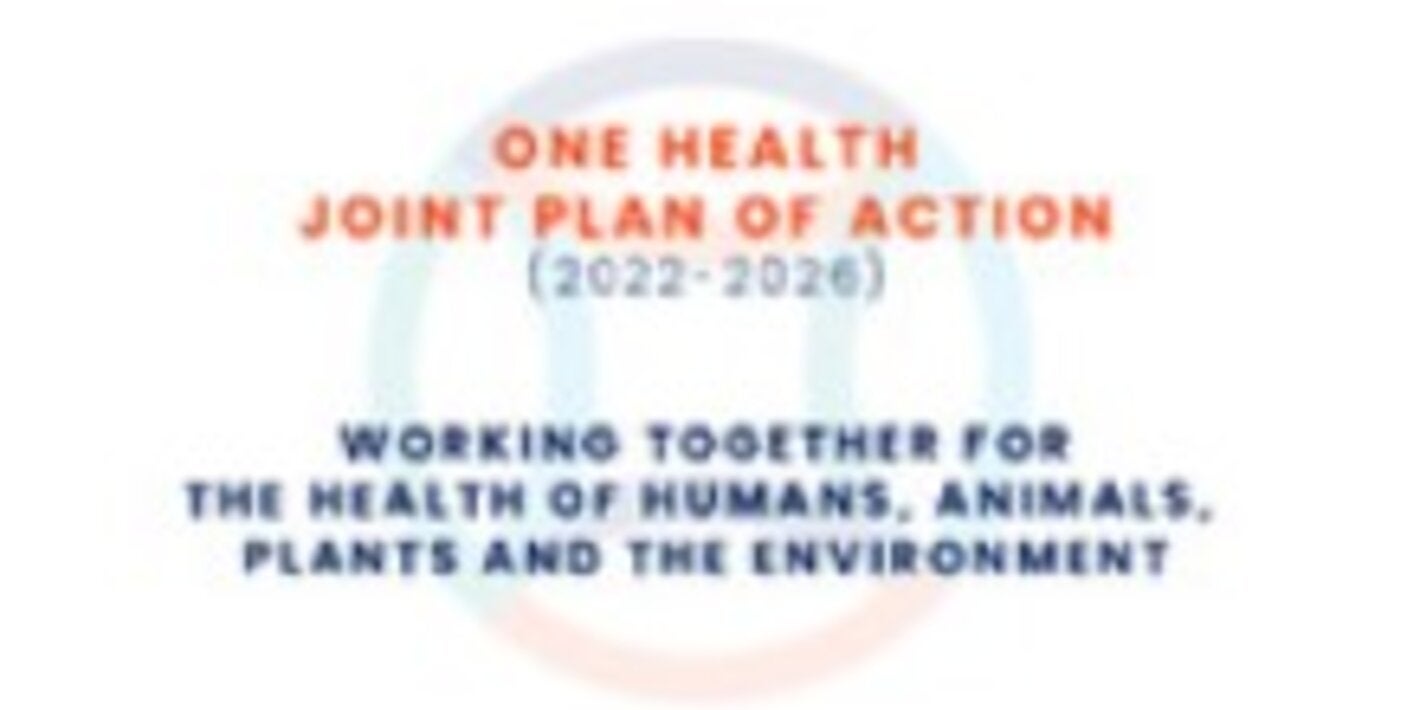ONE HEALTH - Action Track 1
Enhancing One Health capacities to strengthen health systems
Action track 1 “Enhancing One Health capacities to strengthen health systems” is overarching and focuses on strengthening One Health collaborative capacity to support global, regional, and national coordination for the integrated management and regulation of issues at the animal–human–plant–environment interface and to promote the health of humans, animals, plants, and ecosystems.
Several regulatory frameworks, programmes, and initiatives developed and led by the quadripartite organizations (FAO, UNEP, WHO, and WOAH) are relevant. Among them, the International Health Regulations (2005) (IHR) is the only instrument that legally binds Member States with the commitment to develop and maintain the capacity to detect, assess, notify, and report potential emergencies of international concern. The One Health approach is an essential component of the IHR core capacities. By aligning with the principles and requirements of the IHR, countries can enhance their One Health capacities and contribute to global health security. In addition to the IHR, the Essential Public Health Functions provides a framework for building the institutional capacities to strengthen stewardship and governance for stronger health systems with a Primary Health Care Approach to foster the integration of human, animal, and environmental health.
Robust health information infrastructure, high-quality data, and modern digital capabilities can offer critical advantages in enhancing capacities and addressing One Health challenges. By harnessing the power of digital health, including big data analytics and artificial intelligence, and fostering collaboration among various stakeholders, Member States’ capacity to detect, analyze, predict, forecast, and report surveillance data on diseases, Antimicrobial Resistance (AMR), and other health threats is strengthened, ultimately safeguarding the health and well-being of humans, animals, and the environment.
Technical cooperation and country experiences
Country meetings:
- Guyana conducted the voluntary external evaluation of the IHR core capacities to pave the way for the elaboration of a National Action Plan for Health Security, July 24 to 28, 2023.
- Suriname conducted a multisectoral workshop to evaluate capacities C12. Zoonosis and C13. Food Safety of the States Parties Self-Assessment Annual Report (SPAR), using PAHO/WHO orientations for completing the SPAR and the VEE under the IHR MEF, November 20 to 24, 2023.
- Guatemala conducted the self-assessment of IHR core capacities as part of the voluntary external evaluation process under the IHR MEF, December 2022 to April 2023.
- Guatemala conducted the Voluntary External Evaluation of IHR core capacities, September 4 to 8 2023.
- The Dominican Republic hosted a multisectoral workshop to evaluate capacity 12. Zoonosis of the States Parties Self-Assessment Annual Report (SPAR), using PAHO/WHO orientations for completing the SPAR and the VEE under the IHR MEF.
Subregional meetings
- Central America, Dominican Republic and Cuba hold first subregional meeting on International Health Regulations (IHR) and National IHR National Focal Points.
- International Health Regulations (2005) Caribbean Sub-Regional Meeting for Border Health and Points of Entry hosted in Trinidad and Tobago.
- Regional IHR Meeting in Santiago de Chile, 6-8 December 2022.
- Sub-Regional Meeting on the International Health Regulations (2005) (IHR) implementation in Small Island Developing States (SIDS), Jamaica 2-4 May 2023.
- IHR Subregional Points of Entry meeting in Trinidad-and-Tobago, on 12-14 March 2024.
Good practices
- Improve transparency and accountability of Member States in the Americas by implementing the IHR Monitoring and Evaluation Framework:
- in 2023, all 35 States Parties of the Americas Region submitted the SPAR and for the first time for a second consecutive year since January 2016.
- Maintain and strengthen the regional and subregional IHR networks and communities of practice through the organization of dedicated workshops.
- Under the request of Member States, PAHO developed technical orientations for the 15 capacities for completing the States Parties Self-Assessment Annual Reporting Tool (SPAR). The purpose of these orientations is to improve the compliance of States Parties to the IHR in the Americas Region, and support the elaboration of tailored national plans of action for the strengthening of IHR core capacities;
- Implementation of strategies, technical policies, and standards for interoperable and interconnected systems, as well as enhancing health data management for improving decision-making.
- Implementation of methodologies and best practices in data, information, and knowledge management to support health analysis, informed decision-making, modeling, and forecasting.
- Improving performance through innovation. A supportive environment for innovation development and scaling up requires an integrated approach to eGovernment initiatives. Opportunities for leveraging the benefits of big data analysis should be considered by using data science tools and techniques.


